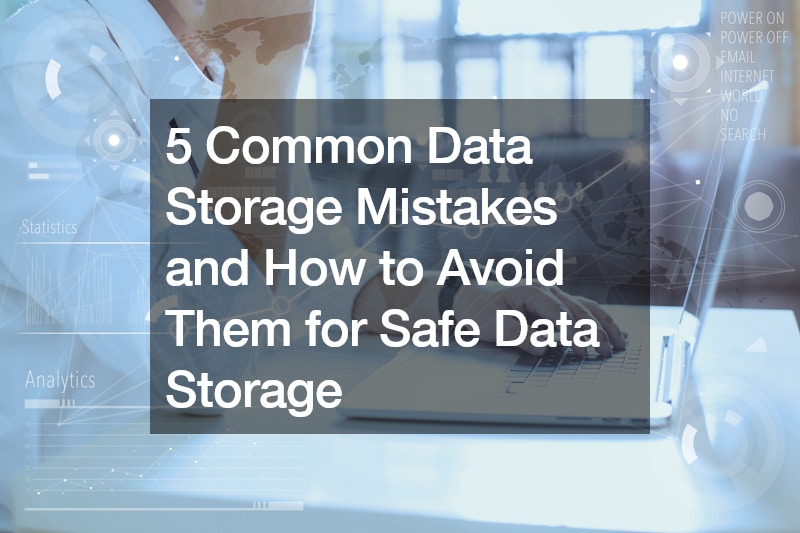In this digital age, relationships can frequently start and be maintained almost exclusively online. Yet many people find it just as easy to disconnect and effectively end a relationship through what’s now known as “ghosting,” abruptly and persistently ignoring all attempts at communication. To an outsider, this might not seem to be a big deal. How well could you really know someone if you didn’t actually spend much (if any) time together in person? Here’s why anyone who’s been ghosted should go about it:
Acknowledge, don’t trivialize
In the context of social media, brevity is the rule of thumb. We condense our thoughts into witty one-liners, and TLDR is actually a thing. The experience of being ghosted can be trivialized simply because it takes place in an environment where the very expectation is that people don’t pay much attention before moving on from something.
But online relationships can be just as powerful and meaningful as traditional ones. Ask a divorce attorney, and they can tell you that all the struggles leading up to separation are still nothing compared to what might follow. The fallout can be messy; finding closure and moving on from all the issues related to the end of a relationship can prove an enormous task.
The first step to helping a friend recover from being ghosted is to acknowledge that it was a real relationship. Take the issue seriously, be available, sit down, and help them talk through and process their emotions.
Help them exercise restraint

Sorting through the aftermath of ghosting can also be carried too far. Processing one’s emotions must always be done with a constant focus on getting better. Otherwise, there’s a risk of falling down into a spiral of negative thinking. Unlike a traditional breakup, with ghosting, there’s no dialogue that occurs at the end between partners. This can lead to excessive analysis, self-doubt, or the temptation to stalk the other person or their friends on social media, which can lead to even more pain from stumbling upon unexpected or incomplete information.
Be there to help your friend exercise restraint in this matter. Help them to take any steps such as blocking or removing contacts, unfollowing people, and deleting old posts as necessary. At the same time, encourage them to pause and think before sending messages or posting something new that might only worsen matters in the long term.
Encourage self-awareness and improvement
Anyone trying to move on from a painful breakup might be concerned only with survival and putting the past behind them. Still, every experience becomes a part of our lives. The saying “What doesn’t kill you makes you stronger” hints that there’s an opportunity for growth to be found in being ghosted.
The technique of cognitive reframing can be used to help your friend become self-aware, find something positive, and improve from the ordeal. If they made mistakes in the context of the relationship, nudge them to recognize those, and learn from them. If their emotions spun out of control during the recovery, they can learn better ways to manage and find balance.
As our lives integrate technology in increasingly new ways, our interactions also evolve. Ghosting seems new, but it’s just another form of a breakup. Being there for your friend and providing genuine support through this difficult time will always be appreciated.





